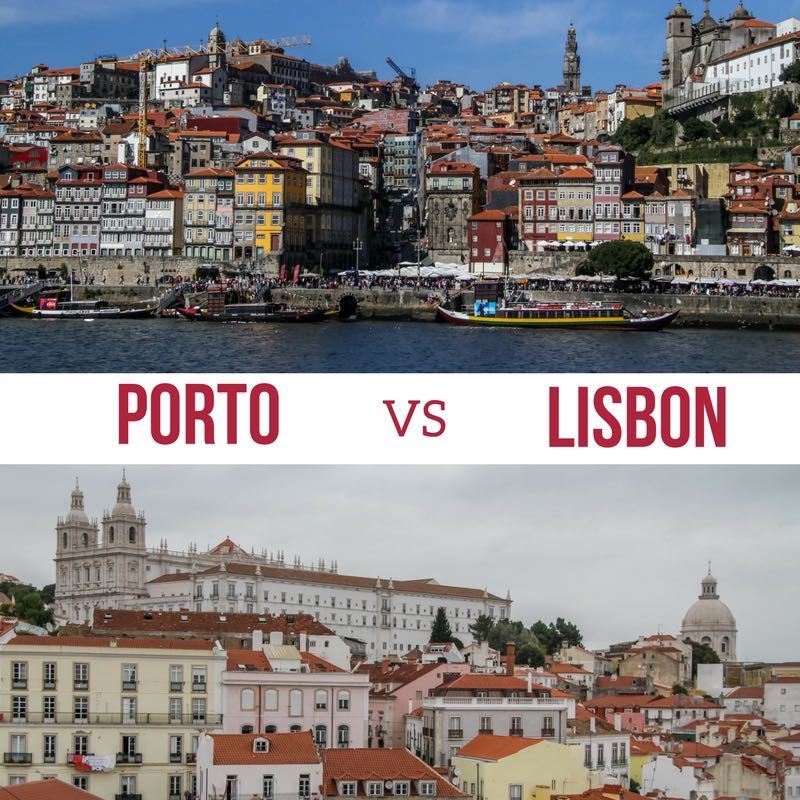Portugal is a beautiful country with a long history and deep-seated traditions. Discover the peculiarities of the country below to help you better understand the Portuguese culture.
Portugal is welcoming of all cultures Generally speaking, Portugal is a peaceful country and respectful of others’ cultures and traditions. For instance, during the Chinese New Year, Diwali, and Eid, people feel comfortable to openly celebrate as they would back in their home country, which is a beautiful thing, and can’t be said of many other places around the world at the moment. There are still some instances of discriminations, some subtle and some more overt, but they are not a constant in Portugal.
“Portuguese time”
There are many ongoing jokes about “Portuguese time” which means that there is a slow pace of life where things progress very slowly, and also people tend to be late to everything. This usually happens in casual settings and not in the professional world.
For anything related to meetings and work schedules, you should definitely be on time. In Portugal, people also tend to have dinner late, usually around 9 p.m., and the meals are “proper” full meals, although the post-meal cafe bica might help with digestion.

Portuguese food, wine, and olive oil
Portuguese cuisine is delicious, and is appreciated by locals and tourists alike. There are many types of typical dishes here, and even bacalhau (codfish) supposedly has 365 recipes, one for each day of the year. Portuguese people are proud of their food, their olive oil, and their wines, particular port wine, green wine (vinho verde), and Mateus Rosé.
Corporal punishment
Once in a while you might witness parents smacking their children on their butt or hands. It’s usually not harmful or done in a harsh manner, but it’s something to get used to, especially if you come from a place where it’s not acceptable to use any kind of corporal punishment, whether mild or not. This type of punishment is used on pets as well, particularly dogs.
Portugal is a family-oriented country
Families in Portugal are close-knit, and being a Catholic country, Easter and Christmas are a big deal. Aside from these religious holidays, any other free time, especially on weekends, is dedicated to the family.
Despite that, people are generally quite relaxed about marriage and divorce, especially in the bigger cities where it’s perfectly acceptable to live together without being married and to have children out of wedlock. This could also be because of União de Facto, which means that domestic relationships (a minimum of two years of living together in Portugal), are recognized by law and you get the same benefits as an officially married couple.
Portuguese people love their country
And there’s nothing wrong with that. But as an expat, you might encounter some challenges, particularly with the bureaucracy, which can lead to a lot of frustration and the occasional need to vent angrily. When venting to locals, most tend to sympathize as they are not immune to the joy of the Portuguese bureaucracy either, but some might get defensive. Most of the time it’s just best to avoid complaining too harshly, or at least bring it up as tactfully as possible.
Portugal is not Spain
Avoid comparing Portugal to Spain. Portugal is its own country with its own language, traditions and culture, and it’s considered rude to compare the two neighbours. That being said, Portuguese people do understand (and at times, can converse fluently in) Spanish, so if you’re fluent in Spanish you can get by in terms of communication, and no one would be offended by that. It’s still better to try to speak some Portuguese though, or even “Portunhol”, a mix between the Portuguese and Spanish languages.
Portuguese people are approachable but also closed off
According to some, Portuguese people are not very open to letting foreigners into their circle and it could take years to become close friends with a local. Some say the language barrier is to blame while others point fingers at a lack of interest in foreigners and in other cultures.
However, according to other expats, Portuguese people are very open-minded, welcoming, and friendly.
So this perspective really seems to depend on the context of each individual. One thing everyone (including the Portuguese) agree on is that they do like to complain and live in a nostalgic way.
Portuguese nostalgia
Clearly reflected in the traditional, mournful music Fado, Portuguese people tend to reflect on the past and enjoy the feeling of melancholy and nostalgia. With an impressive empire that no longer exists, who can blame them? A common saying by the older generation is to say “vai-se andando” with a sigh when asked how they are doing, meaning “we keep going.”
Customer service: it’s important to be polite and remain calm
Portuguese people are passionate and expressive. They can seem angry or irritated when communicating, even via email or text message, when in fact they might not be. Do not respond with a harsher tone of voice or agitated gestures, and keep in mind that it’s just a communication style. Or, they could in fact be angry. But either way it’s still better for your own interest to remain calm and polite. Especially when dealing with customer service of any kind.
Portugal is not Spain
Avoid comparing Portugal to Spain. Portugal is its own country with its own language, traditions, and culture, and it’s considered rude to compare the two neighbours. That being said, Portuguese people do understand (and at times, can converse fluently in) Spanish, so if you’re fluent in Spanish you can get by in terms of communication, and no one would be offended by that. It’s still better to try to speak some Portuguese though, or even “Portunhol,” a mix between the Portuguese and Spanish languages.
Old fashioned management style and a laissez-faire attitude from employees
It’s quite disappointing that despite being a huge innovative and startup hub, many still stick to the old fashioned way of managing. It’s common to have managers who don’t trust their employees, who don’t take their needs into consideration, and who want to see them at their desk at all times.
Many companies don’t have a work from home policy, or they have it “just for show” but not in practice. Even post-Covid, it seems most companies want their employees back at the office full-time, despite proven records that working from home actually increased productivity.
On top of that, nepotism runs rampant, and is unfortunately not illegal. At the same time, employees are often scared to speak up when they are not happy, despite the fact that the country has strict laws protecting employees. In fact, a common reaction is to say “é a vida,” roughly translated to “it’s life.”

Rivalry between Porto and Lisbon
The two biggest cities in Portugal are Lisbon, the capital city, and Porto, a beautiful city in the north from which Portugal derives its name. There’s a strong competitive streak between the two cities, which extends to their football clubs.
Aside from the sport rivalry, the other differences are that Lisbon is of course more international and bigger in size, whereas Porto is more “quaint but more typically Portuguese.” In fact, Porto is a UNESCO World Heritage Site.
People from both cities enjoy criticizing each other, usually in a playful manner. Whatever your preferences are, both are worth a visit.
Conclusion:
These peculiarities of Portugal are what makes this country special, and in order to adapt well and reduce culture shock, it’s a good idea to learn about them.

About the author:
A graduate of Claremont Graduate University in Claremont, Calif., Liina Edun has a background in psychology and a career in writing and content management.
Having lived most of her life as an expat, she is currently located in Lisbon.
See more on Dispatches here about Portugal.
See our Lisbon archive here.














